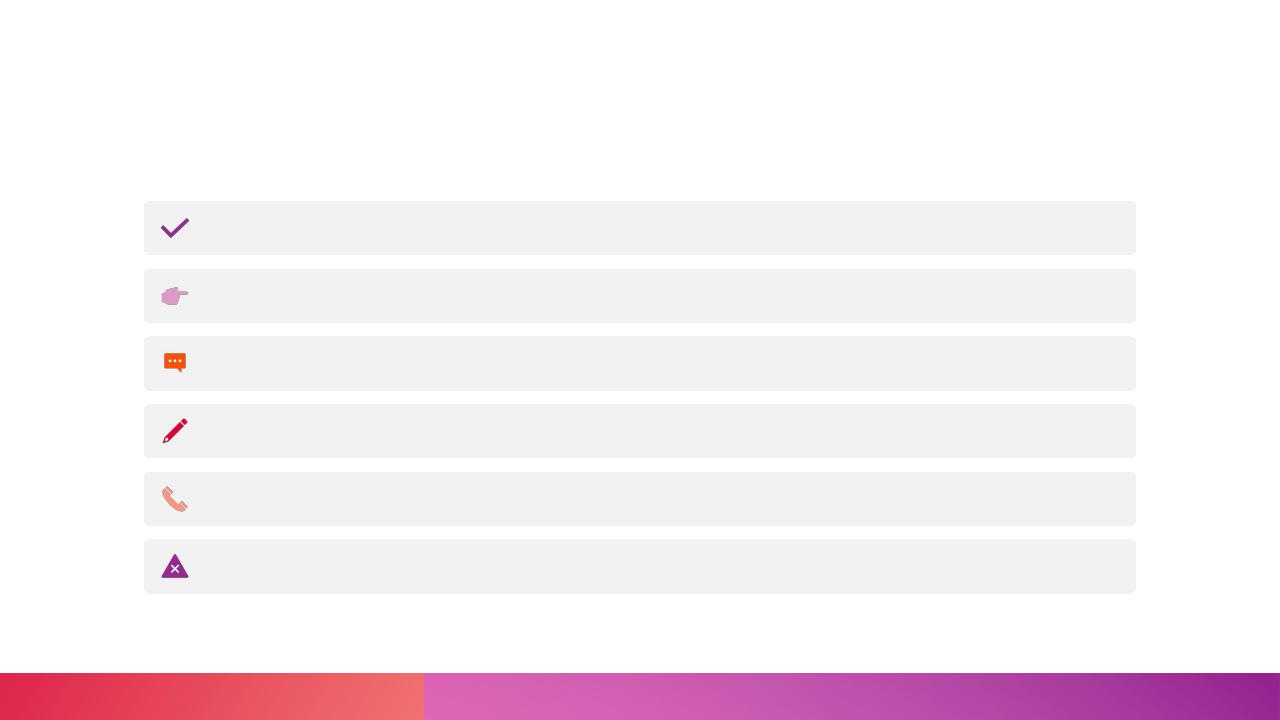
Презентация modal verbs (2)
.pptx
P E R M I S S I O N ( C A N / C O U L D / M AY / M I G H T )
GIVING PERMISSION
Can/may = you are allowed to do smth (can – informal, may – formal)
May is usually used in writing.
Ex. You may make phone call here.
!We do not use could or might to give permission!

P E R M I S S I O N ( C A N /
C O U L D / M AY / M I G H T )
REFUSING PERMISSION
Can’t/mustn’t/may not = you are not allowed to do smth
May not is formal and is usually used in writing.
Ex. I am sorry, but you can’t/ mustn’t use the fax. Customers may not enter this area.
!We do not use couldn’t to refuse permission!

P E R M I S S I O N ( C A N / C O U L D / M AY M I G H T )
• TALKING ABOUT PERMISSION
We use can and be allowed to to refer to laws or regulations.
All citizens over the age of 18 can/are allowed to vote. (law)
!There is difference in meaning between may and be allowed to in questions!
a)May I use your phone?(=Will you allow me to use your phone?)
b)Are we allowed to use the office phone?( What is the rule?)

R E Q U E S T S ( C A N / C O U L D / W I L L / W O U L D / M A Y / M I G H T )
• Can/Could/Will/Would you…?
We use this structure to ask someone to do something for us. Can and will are informal. Would and could are more polite than can and will.
Can/will you get me a glass of water?(informal)
Could/Would you type these letters for me, please? ( more polite)
• May/might/Can/Could I..?
We use this structure to ask for something politely. Might is formal and is not often used.
Can/could/may I have a piece of that cake, please?

O F F E R S ( I ’ L L – S H A L L / C A N / C O U L D )
• I’ll = I’m willing to do something (informal)
You look tired. I’ll do the ironing for you.
•Shall/Can/Could I/We …? = Would you like me/us to? Do you want me/us to…?
Shall/Can/Could I give you a hand with the preparations?

S U G G E S T I O N S
( S H A L L / C A N / C O U L D )
•Shall I/we…? I/ We can/ could = Why don’t we…? How about…? What about…? Let’s…?
Shall we go the theatre tomorrow night? – I’d rathe not. We can/could go to the cinema instead.

A D V I C E ( S H O U L D / O U G H T / M U S T )
•Should/ought + present infinitive = I advice you to/ You had better do smth
It’s late. You should go/ ought to go home as soon as possible.
We use must to give strong advice. Compare the examples:
a)You must follow a healthy diet. - the doctor said to me.(an order which likely to be obeyed)
b)You should follow/ought to follow a healthy diet. – my friend said to me. (a piece of advice which may or may not be followed)

C R I T I C I S M ( S H O U L D / O U G H T )
•Should/ought + perfect infinitive = it would have been better if you had…
We use these structures to criticize someone else’s actions.
You should have come/ ought to have come to me for help. ( But you didn’t)

E X P R E S S I O N S S I M I L A R T O M O D A L V E R B S
• Be supposed to + infinitive (= should)
This structure is used to show that someone else expects us to do something.
I’m supposed to work this weekend.( My boss expects me to do so.)
• Be to+ infinitive (=must) is used to give orders.
You are to stay here until I return.
This medicine is to be taken three times a day.
•Be likely to+ infinitive/it is likely that + clause (=probably – more emphatic than may but less emphatic than should/ought). They are used to express possibility.
•The Austrian racing driver is likely to win the race.
